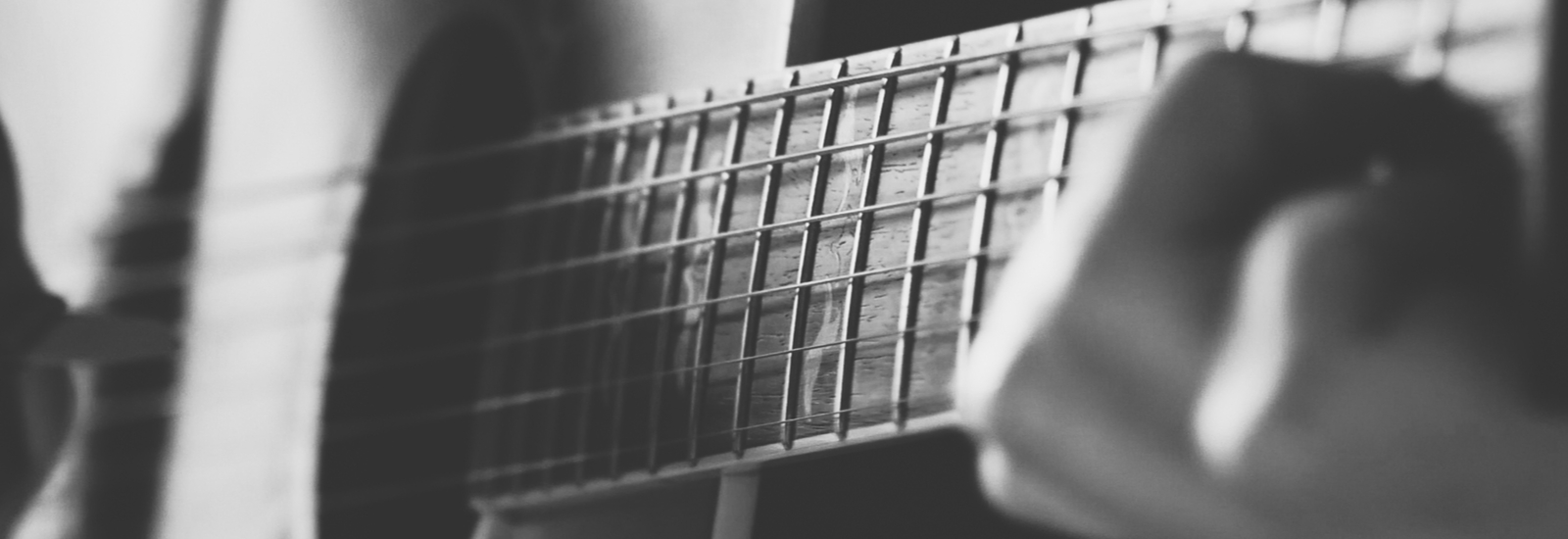Students and alumni reflect on the changing music scene at Reading over the past several decades, telling CONNECTED about their experiences and what music means to them.
Home to the world-famous Reading Festival, Reading has always had a vibrant music scene boasting gig venues aplenty including South Street, The Rising Sun and the Purple Turtle. The University itself has played an important part in the town’s impressive musical heritage with iconic bands including U2, The Who, Slade, Sex Pistols and New Order gracing campus venues over the years. More recently, RUSU’s Fresher Balls and Summer Balls have seen pop artists and DJ groups take the main stage, such as Ellie Goulding, Blonde, Sigala and Sigma.
Reading graduates have even become involved with the music industry professionally, with their passion stemming from the University’s lively music scene. Take for example, Emma Banks, a now successful music executive and agent, who had early ambitions to become a culinary chemist before being exposed to Reading’s vibrancy as a musical hub. Emma is just one example of how music at Reading has influenced, and continues to influence, students’ lives on both personal and professional levels.
Changing styles
Looking back over the last few decades, students’ taste in music has changed significantly with a distinct move in style, from rock gigs to a demand for live DJ sets. Despite these changes in tastes and styles, talking to our alumni has gleaned fond memories of Reading’s music scene. Take for example, alumnus, Steve Smith’s, memories of a U2 gig in 1981: “It was amazing as Bono captured the audience immediately and with The Edge’s guitar, everyone realised this was something very new and special. Everyone started watching and at one point Bono even tried to crowd surf!
“I went into Reading the next day and bought their album – on vinyl of course. I still have it today.”
Steve’s happy memory of U2 and the fact that he still has their album today, highlights how much of an emotional impact music can have on an individual. Of course, though, no two students have the same experience at a gig, and this is exactly what happened when two of our alumni, Tony Benton and Nigel Moore, saw The Who in 1971. Tony described the gig as a “long wait”, with the band only playing for about twenty minutes and ending it with their big hit, “Won’t Get Fooled Again”, which summed up his night completely. In contrast, Nigel has been a rock fan ever since he can remember, counting himself lucky to have been there and “recounting the experience to others over the years.”
Whilst it is “each to their own” with the music genre, there is no doubt that musical styles have evolved in recent years as well as the “experience” of physically going to a concert or gig. Live singing is not as prominent anymore, instead, live DJ sets have become the new spectacle. DJ producers and duos such as, Sigma and Sigala, are taking over the music scene with their remixes featuring current pop artists, including Ella Eyre and Paloma Faith. The experiences today’s students receive at a concert on campus is very different to 40 years ago when gigs were played at a more intimate level.
Despite these changes in performances, music remains a form of self-expression as Professor Matt Worley from the Department of History attests. Attending a concert and listening to an artist’s music still resonates a deeper meaning with students today as it did with Reading students in the 1970s. Even with pop culture becoming the mainstream, alternative genres of music are increasingly moving towards centre stage and this is something current RUSU President, Molli Cleaver, has noticed: “I worked on RUSU bars for nearly all three years whilst I was at Reading and music has certainly developed in this time. You get certain groups of students who are happy to turn up to 3sixty each week and hear a similar DJ set with the occasional cheesy playlist. Summer Ball has been the perfect example of this which I attended for two years seeing extremely popular acts such as Sigala, Jax Jones and Rudimental.
“I find these artists popular because they encourage the celebration of friendship and emphasise coming together to recognise the achievement of finishing the year. Equally, I have found students becoming more vocal in diversifying music and recognising genres beyond the stereotype. Students want to widen participation and they tend to feel a strong sense of justice to ensure everyone feels welcome and included.
“I think I’ve only come to realise these meanings of music as an officer; as a student, music meant a chance to escape and enter a world to let go of any stress and have ownership over my own sense of happiness.”
Reading also boasts a huge number of societies aimed at engaging in students in a wide variety of musical genres, from rock to drum and bass. These societies help students to not only home in on their own musical talents, but immerse them into a local culture of music, gigs and concerts exposing them to undiscovered artists beyond the mainstream. This is something that Reading’s Singer Songwriters Society aims to do: “Our members have had a lot of exciting memories of past performances at the RUSU Summer Ball, like Ella Eyre and Steel Banglez. Music is a huge part of everyone’s lives in the society and we like to focus on each other as performers.
“However, we’ve also really enjoyed taking society trips to open mics outside of campus to get a taste of local artists. I think for us, we aim to branch outside of the well-known artists and find music that’s undiscovered – that’s what really excites us as a society.”
Musical opportunities
Outside of the University, Reading Festival is now a huge event for the local area with artists like the Foo Fighters, The 1975 and Post Malone gracing its stage in 2019. Not only does the festival incorporate a range of musical genres to appeal to different audiences, but Reading students are given a once in a lifetime opportunity to work at this spectacular event.
For the past six years, the University has teamed up with the festival’s organisers, Festival Republic, to give students the chance to intern backstage at the festival. This year, eight students from a range of subjects got to meet and work alongside music industry experts and famous artists.
With all these memories shared with us, there is no doubt that music has featured, and continues to feature heavily in student’s everyday life here at Reading. Music not only gives students the chance to let go and have some fun, but through events like Reading Festival they are able to gain valuable professional experience in the creative industry.
If you have any memories of Reading’s music scene that you’d like to share with us, then please get in touch, or find out more about music at Reading.





